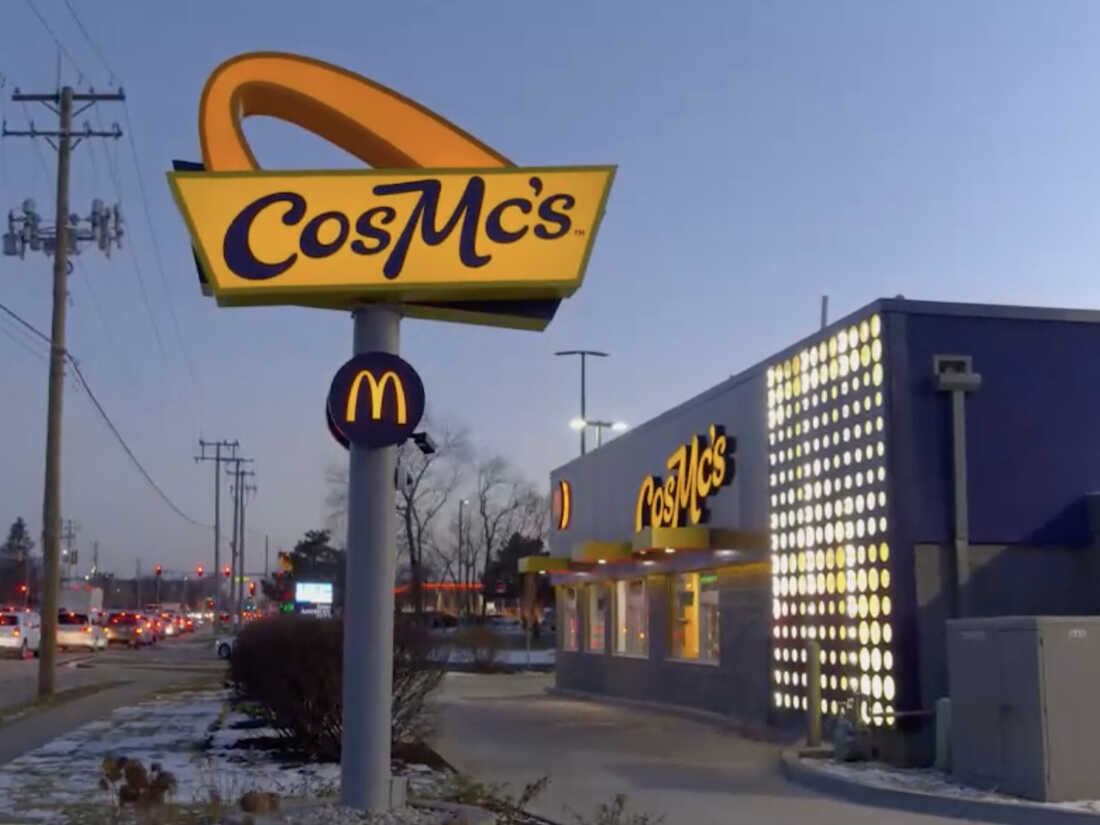Artificial Intelligence in the Classroom: Progress or Problem?
It’s dangerous. It’s incredible. It’s growing rapidly.
It’s Artificial Intelligence (AI).
AI was created in 1951 when Cristopher Starchey developed a program to play checkers with himself. Later in 1955, Dartmouth College introduced a class on AI inspired by Starchey’s creation, and it boomed from there. Like most technology in the world, AI has grown and evolved from its original intention, recently reaching a new level of intelligence and usage. Some of AI’s most popular features now revolve around being utilized for school, including personalized learning, speed grading, analyzing data, quick homework answers, and original essays.
The most widely known AI technologies are ChatGPT, OpenAI, GPT-4, and My AI on Snapchat. These programs are all able to facilitate human activities at an accelerated rate. ChatGPT and OpenAI can create lab procedures, essays, codes, and more. Snapchat’s My AI acts as a virtual friend, offering advice and answering questions. GPT-4 is the most powerful form of AI as it can “draft lawsuits, pass standardized exams, and build a working website from a hand-drawn sketch,” according to Jennifer Korn in a CNN article.
AI’s vast technological abilities pose both potential benefits and risks for the classroom. Susan Twomey, an English and AP Seminar teacher at Greeley, shared her opinion on AI’s role in education: “I think there are opportunities for students to use AI, such as asking AI for feedback on their writing, checking grammar mistakes, and providing ways to expand their thinking.” AI also enabled teachers to utilize automatic speed grading and save themselves from considerable time spent grading tests and assignments. According to eLearning Industry, “The process of automatic grading doesn’t only save precious time but also provides dependable results. Bulk grading of assignments within a short span is possible…scores are always accurate for each human being.” Moreover, AI’s grading can be free of bias and provide students with specific, personalized feedback. Data analyzing allows AI to customize learning experiences based on difficulty levels and preferences, increasing opportunities and giving more students access to quality education and learning. In order to take advantage of the possibilities and “for teachers to learn how to incorporate AI into their lessons, maybe the IT Department at Greeley can hold demonstrations at such times like Superintendent Conference Days which could really benefit the teachers,” adds Ms. Twomey.

Although these possibilities are profound, there are also notable risks. AI in school could curtail the human interactions that are necessary for growth and development as both a social, emotional, and intellectual learner, especially in younger children. A study published in The National Library of Medicine demonstrated that “learner–instructor interaction further affects students’ self-esteem, motivation to learn, and confidence in facing new challenges.” One-on-one connections between teachers and students cannot be replicated by AI; chatbots cannot replace people. Ms. Twomey also acknowledges these “dangers of AI. For example, [she has] gotten misinformation and [thinks] AI is just at an early stage and too young right now to really incorporate fully into education.”
So, what role will AI play at Greeley? At the Future of Education Forum last June, students and faculty, including Adam Pease, Adam Schoenbart, and Lauren Olmo, discussed the complexities of this question. The education forum provided Greeley staff and students with recommendations on how to use AI in the classroom and allowed students to discuss their own opinions. Nicolas Silva, a junior at Greeley, attended the meeting and shared his views on the matter: “I believe that, if used correctly, artificial intelligence can improve access to education across the world…AI should be used in Greeley to support education, but not completely replace it. The best way to make sure this happens is for students, teachers, and staff to collaborate on AI safety guidelines.”
The topic of AI has already led to controversy and debate due to its inherent benefits and dangers. Do we want this technology incorporated into our world and schools, or is it better and safer left unexplored?
The truth will reveal itself in its due course.




